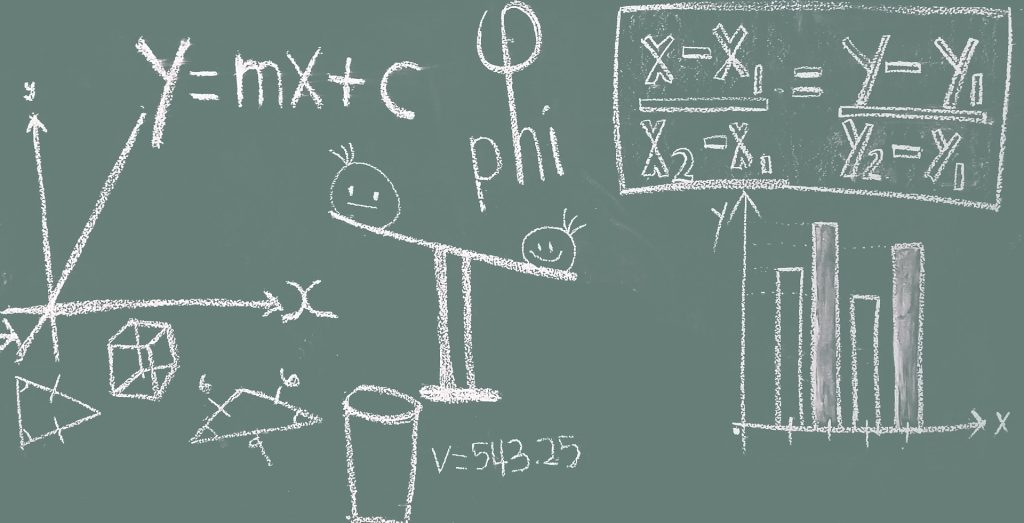 by Nevena (Student Blogger: BSc Hons Business Studies (Industry))
by Nevena (Student Blogger: BSc Hons Business Studies (Industry))
“First year doesn’t count!” “Aren’t you going out today?” “I can’t bother going to a 9 am.”
Do these phrases ring a bell when you think of your first year in university? I bet this is the case.
Let’s face it, all of us (or nearly all) underestimate the importance and seriousness of our first year. We go out every Wednesday, Friday and Saturday, can’t skip ‘Sugar,’ right? We are excited by the sudden and yet powerful feeling of freedom we are experiencing. Feeling of freedom which gives us momentum to keep socialising with others and practically do whatever we decide without having our parents tell us what we can and can’t do, what we should and shouldn’t do. We skip a lecture from time to time, (we don’t really manage to catch up…just because we were too busy with other things), we go to all the societies we signed up for (after reducing the list of 10 during freshers’ week to 3 at the most for the period after), we search for events or just chill with our flatmates all day long.
Suddenly, the end of first term comes and everyone starts panicking about submitting their first assignments. However, this is not the only problem… the most worrying issue is that you don’t really know how to do it and how it will be marked. “There’s still time,” you tell yourself; “It shouldn’t take me that long,” – your inner voice keeps whispering. There are still a few days left and you realise that leaving an essay for the very last minute wasn’t really the smartest decision and you try to mobilise yourself and still finish it on time. You press the button “Submit assignment,” it is 23:59, you realise you have a minute left (but let’s think of it as 60 seconds because it looks more), your heartbeat fastens… and you see the window on your screen “Successful submission”; and BOOM – everything is finished (you were lucky this time)! You go home for a whole month around Christmas, enjoy your time with friends and family and come fresh for the second portion of uni – the Lent term. But trust me, it is not until the summer term when you start feeling concerned about the 5 exams (at least) that are on your exam timetable. The material is so much that you spend a whole week trying to get back in the studying routine after the second looooong break, and then suddenly you have a few weeks left to the Great Battle… Panic. Panic. Panic!
Wait! Stop for a minute. Breathe in. Breathe out. And don’t let yourself press the panic button. You are capable of getting the grades you want (and need) at those exams. Gather yourself, talk to second year students from your course, ask them for advice, make a revision plan and start. Focus and find what studying strategy works best for you. Trust in yourself and work hard for your goal. The results will come soon if you give all you can from yourself.
Now, I’ll ask you to do something. Close your eyes and try to visualise the challenging situation as an equation with several unknowns. Remind yourself that you have taken some basic Math lessons in your past and know how to find the result of 2+2. I bet you can calculate an even more complicated problem as 2×22. It’s the same here. Start with small steps. Go through the addition process: revise lecture notes as well as your notes and try to synthesize them in points you can easily remember. Link topics, use arrows, draw mind maps and you will save some extra work. Divide large topics in smaller chunks of nuclei and find associations or real-life examples, so you can relate to theories more easily. Finally, change the way in which you revise – don’t let revision become stagnant. Study on your own, practice past papers with friends, discuss potential exam questions, criticize objectively the theories and concepts. Then, when you sit on the chair behind the desk on your exam date be focused, stay on topic, and think positively. By that time, you will have found out the unknowns of the equation, and your X, Y, and Z will give you the result that you want.
We all make mistakes. However, it is important to acknowledge them and learn from them. Look at what you experienced throughout the year and how you approached what happened to you. Draw the conclusions from that and incorporate the lessons next year. You have the ability to find the right formula for yourself. There’s little time left and you can do it!
